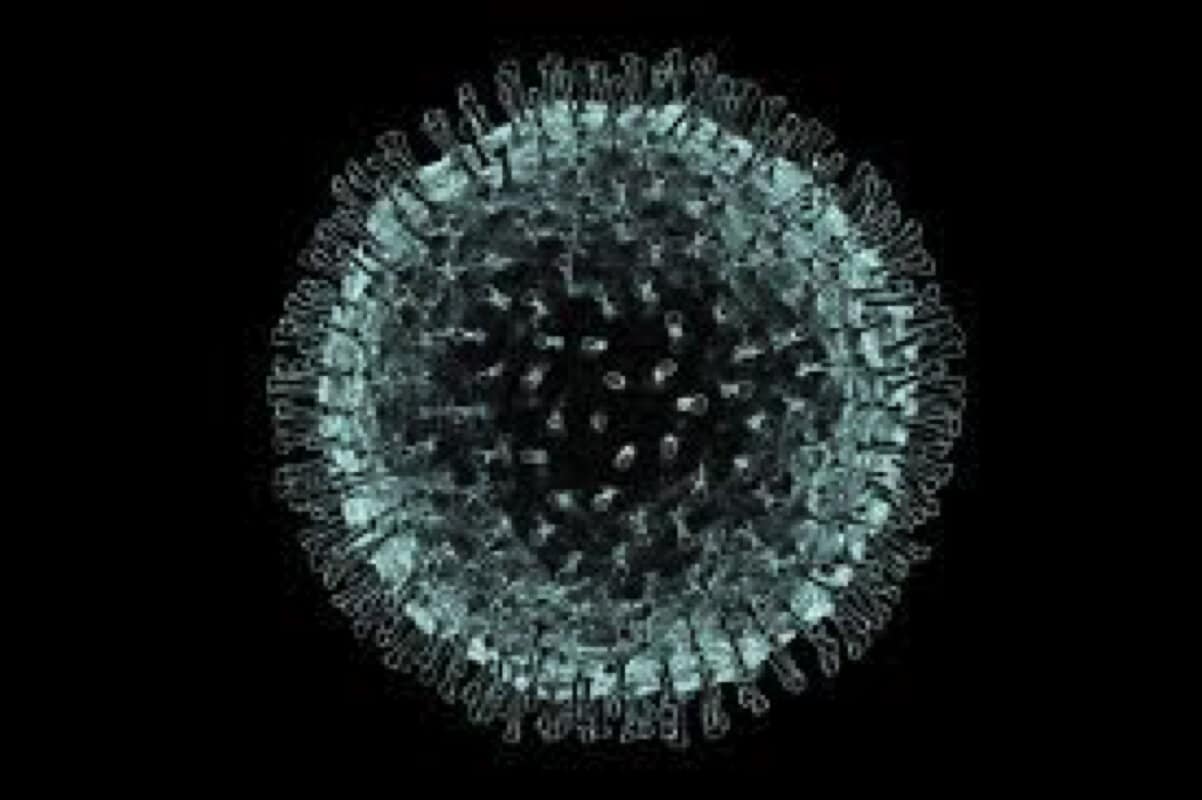
A multimillion-dollar bat coronavirus research grant, funded by the National Institutes of Health (NIH), was made public last week, revealing that researchers based in Wuhan, China had manipulated coronaviruses in ways that led to increased severity of infection, employing platforms that tested the ability of bat coronaviruses to use human receptors. The grant documents underscore … How NIH-funded research in China could have led to the COVID-19 pandemic
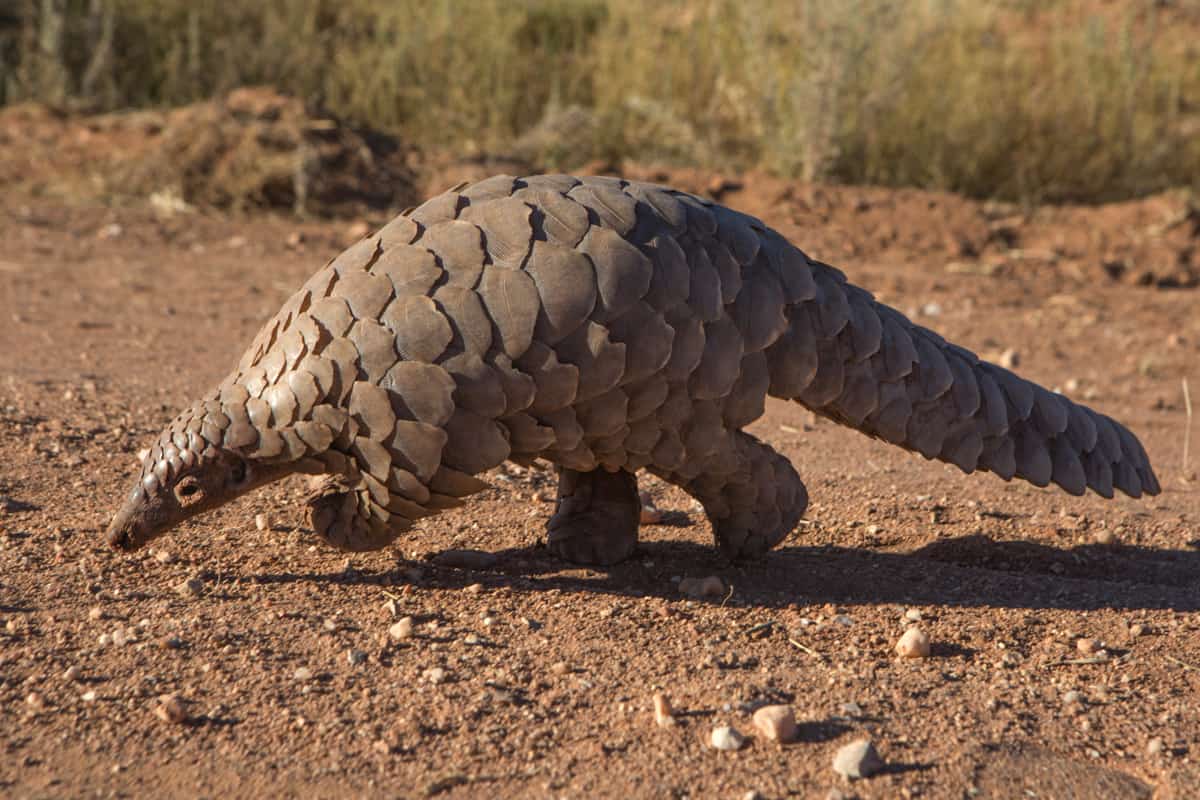
Sign up to receive updates from the Biohazards Blog. By Sainath Suryanarayanan, PhD Here, we provide our emails with senior authors of Liu et al. and Xiao et al., and the editors of PLoS Pathogens and Nature. We also present an in-depth discussion of the questions and concerns raised by these emails, which put in … Nature and PLoS Pathogens probe scientific veracity of key studies linking pangolin coronaviruses to origin of SARS-CoV-2
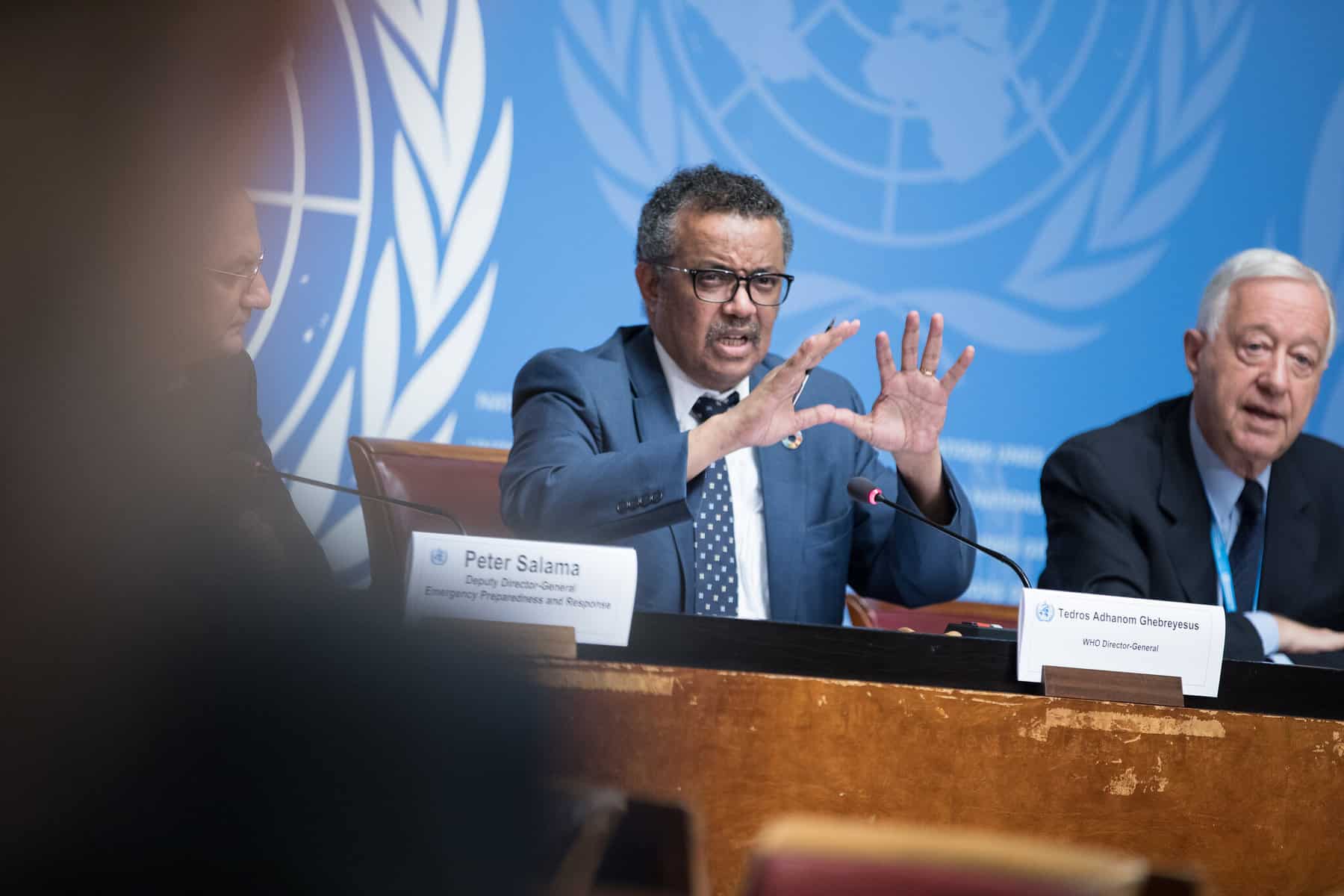
World Health Organization Director-General Dr. Tedros Adhanom Ghebreyesus said that there is no proof “beyond a reasonable doubt” for one COVID-19 origin hypothesis or the other in a brief interview with U.S. Right to Know. In an interview in Washington on Thursday, Tedros was asked about recent preprint publications claiming “dispositive” evidence that COVID-19 originated … WHO chief Tedros: No dispositive evidence yet on COVID’s origin
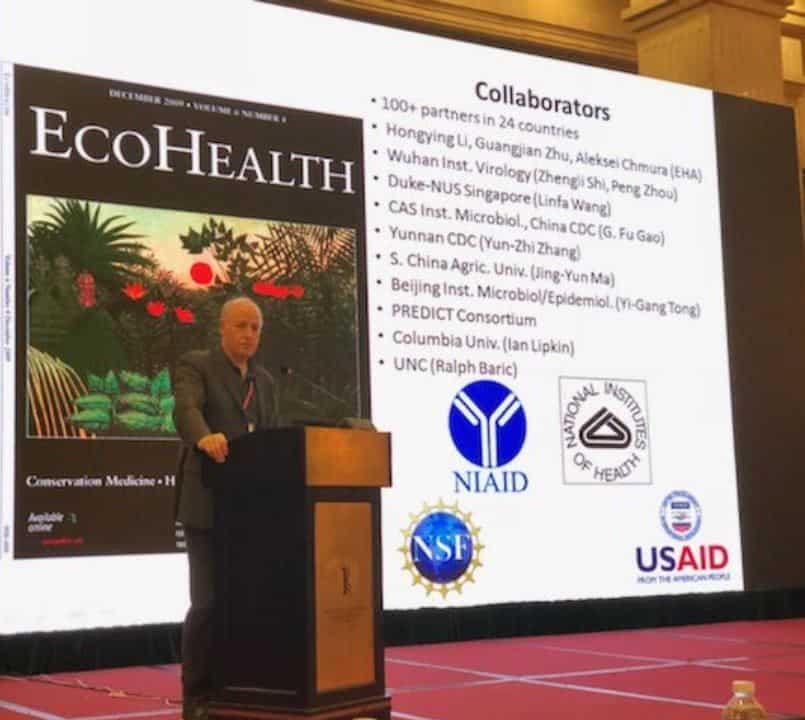
EcoHealth Alliance President Peter Daszak, the head of an organization involved in research that genetically manipulates coronaviruses, discussed hiding his role in a statement published last year in The Lancet that condemned as “conspiracy theories” concerns that the COVID-19 virus may have originated in a research lab, emails obtained by US Right to Know show. … Scientists discussed masking their involvement in key journal letter on Covid origins, emails show
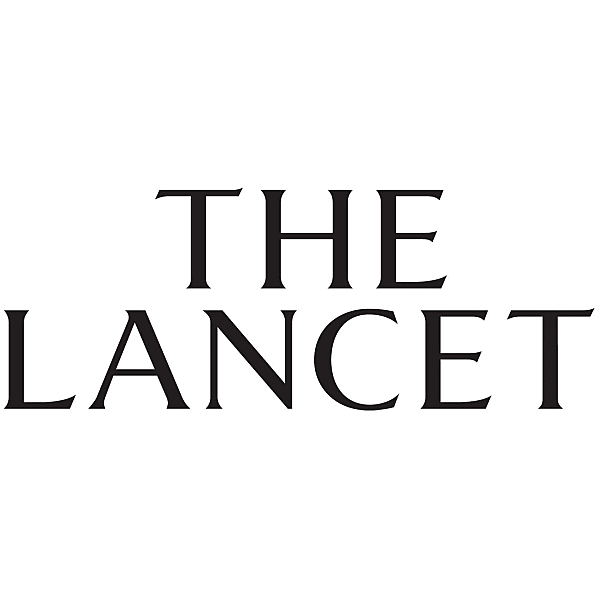
Update 2.15.21 – Newly surfaced Daszak email: “No need for you to sign the ‘Statement’ Ralph!! ” Emails obtained by U.S. Right to Know show that a statement in The Lancet authored by 27 prominent public health scientists condemning “conspiracy theories suggesting that COVID-19 does not have a natural origin” was organized by employees of … EcoHealth Alliance orchestrated key scientists’ statement on “natural origin” of SARS-CoV-2
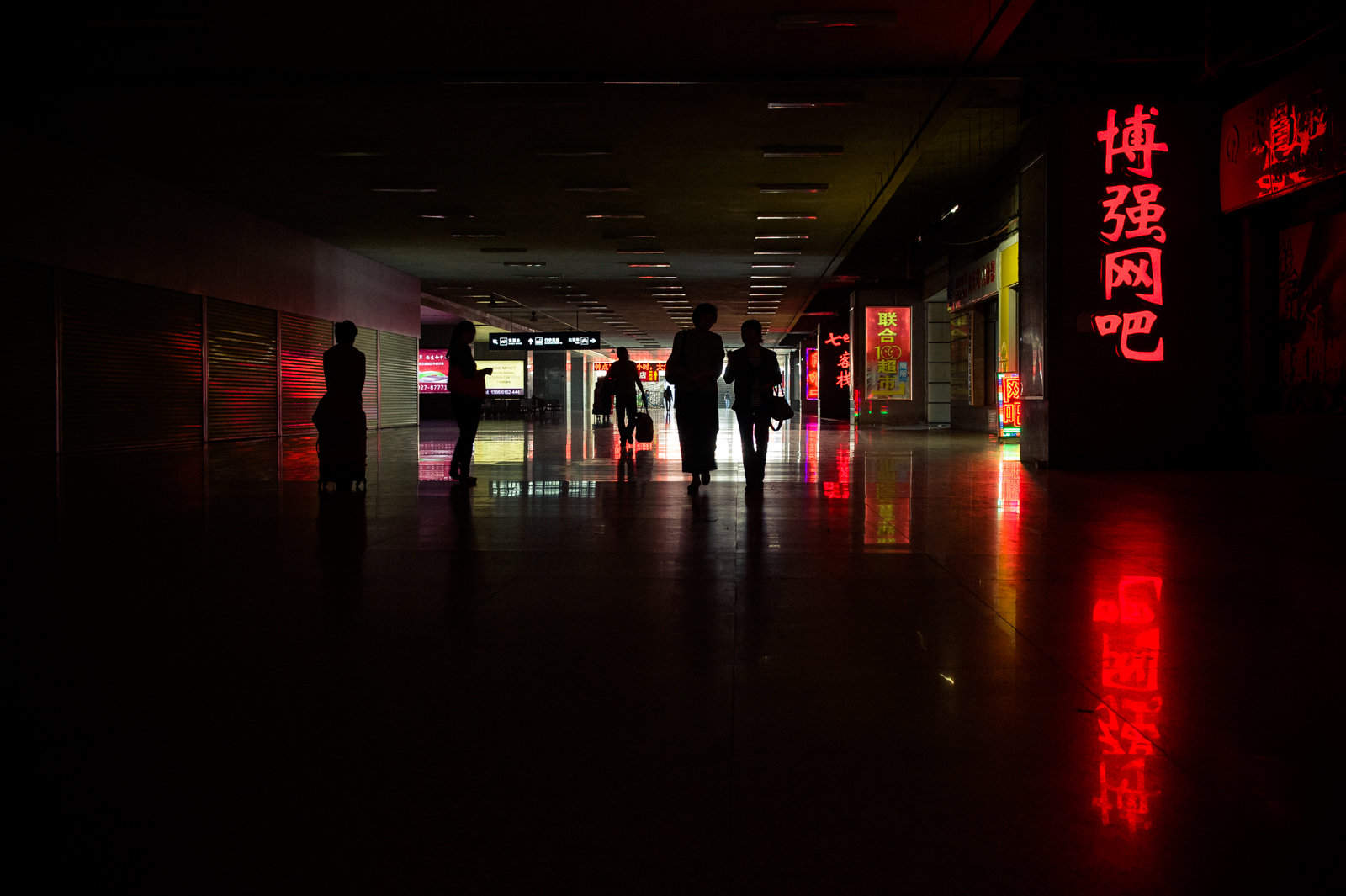
Biosafety experts, including one with longstanding ties to the Wuhan Institute of Virology (WIV), privately harbored questions about risks taken with coronavirus research at biosafety level 3 (BSL-3) labs, including those in Wuhan, according to emails obtained by U.S. Right to Know. The researchers felt that BSL-3 labs were more vulnerable to accidents, even more … Wuhan’s lower biosafety level labs posed greater risk for coronavirus lab leak, experts said
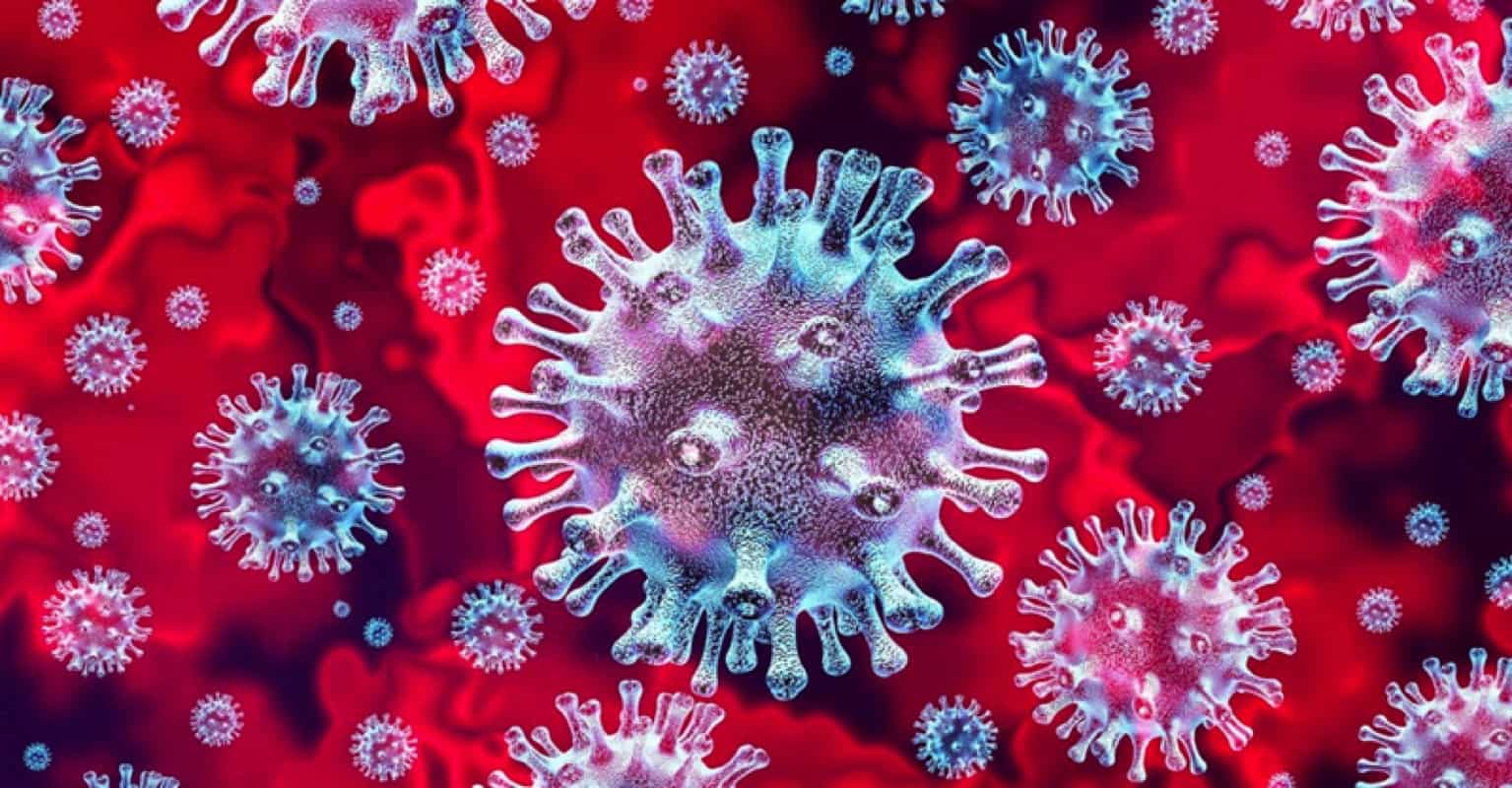
See our reporting on the origins of Covid-19 for updates on our investigation, and we are posting documents from our investigation here. Sign up here to receive weekly updates. In July 2020, U.S. Right to Know began submitting public records requests in pursuit of data from public institutions in an effort to discover what is … Why we are researching the origins of Covid-19, gain-of-function research and biolabs
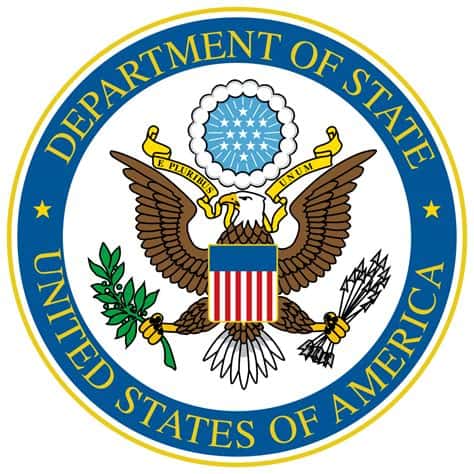
On May 24, 2021, the U.S. State Department released more records in response to our FOIA lawsuit. These may be of interest: “PRC claims of COVID transmission via cold chain food imports growing”: A November 18, 2020 State Department cable expressed skepticism of Chinese state media claims that SARS-CoV-2 was transmitted via imported cold chain … Three State Department cables
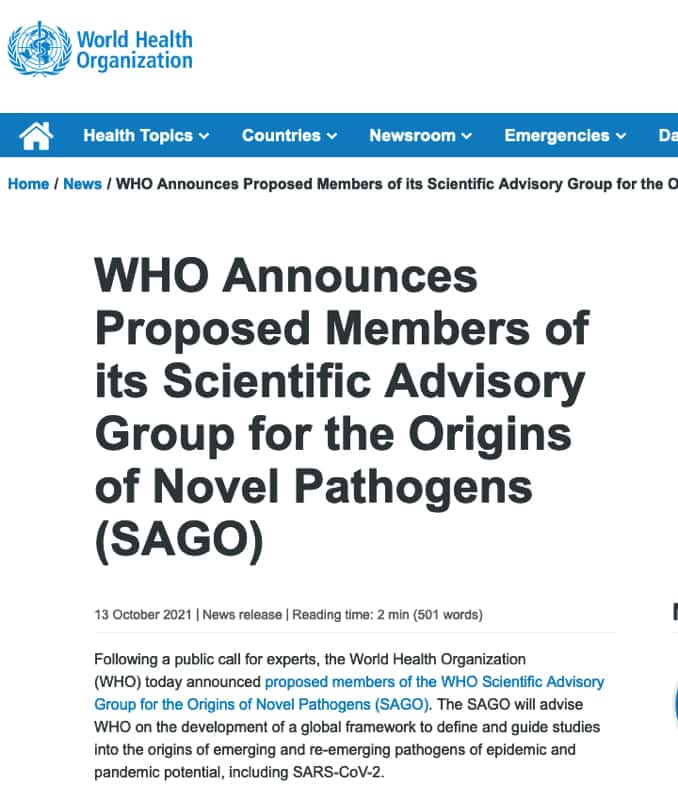
The World Health Organization has proposed 26 scientists for a new group to investigate the origins of the Covid-19 pandemic, as well as future outbreaks. WHO plans to appoint members to the new Scientific Advisory Group for the Origins of Novel Pathogens (SAGO) after a two week review to gather public opinion on the proposed … Public comments on the WHO Scientific Advisory Group for the Origins of Novel Pathogens (SAGO) members
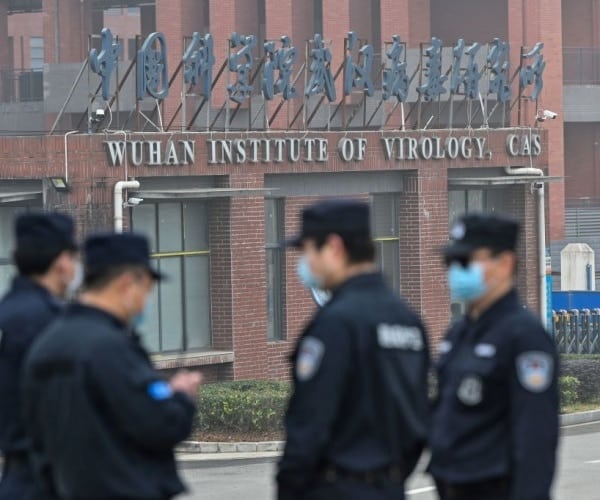
The Wuhan Institute of Virology (WIV) “has many bat samples not yet worked out or results published,” according to emails of Ohio State University virologist Shan-Lu Liu, which were obtained by U.S. Right to Know. Shan-Lu Liu has collaborated with WIV’s chief coronavirologist Zhengli Shi. For example, Liu consulted with Shi on a Feb 26, … Wuhan Institute of Virology has many unreported bat virus samples, collaborating virologist says

Newly obtained emails offer glimpses into how a narrative of certainty developed about the natural origins of the novel coronavirus SARS-CoV-2, while key scientific questions remained. The internal discussions and an early draft of a scientists’ letter show experts discussing gaps in knowledge and unanswered questions about lab origin, even as some sought to tamp … New emails show scientists’ deliberations on how to discuss SARS-CoV-2 origins
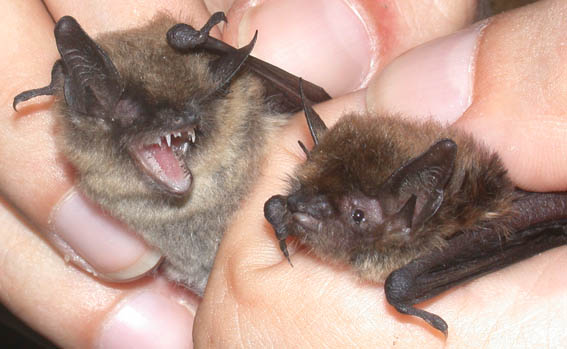
The journal Nature did not assess the reliability of important claims made in a November 17 addendum to a study on the bat-origins of the novel coronavirus SARS-CoV-2, correspondence with Nature staff suggests. On February 3, 2020, Wuhan Institute of Virology scientists reported discovering the closest known relative of SARS-CoV-2, a bat coronavirus called RaTG13. … No peer review for addendum to prominent coronavirus origins study?
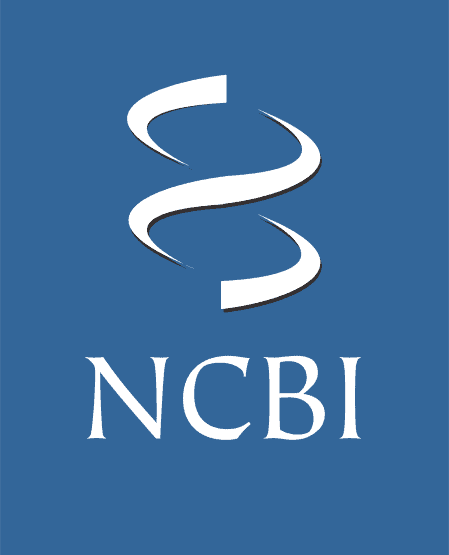
Revisions to genomic datasets associated with four key studies on coronavirus origins add further questions about the reliability of these studies, which provide foundational support for the hypothesis that SARS-CoV-2 originated in wildlife. The studies, Peng Zhou et al., Hong Zhou et al., Lam et al., and Xiao et al., discovered SARS-CoV-2-related coronaviruses in horseshoe … Altered datasets raise more questions about reliability of key studies on coronavirus origins
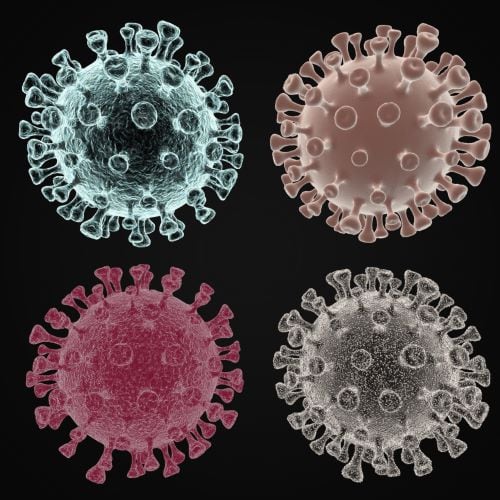
In the early days of the COVID-19 pandemic, a group of scientists affiliated with China’s government tried to distance the coronavirus from China by influencing its official naming. Nodding to the fact the virus was first detected in Wuhan, China, the scientists said they feared the virus would become known as the “Wuhan coronavirus” or … Chinese scientists sought to change name of deadly coronavirus to distance it from China

The director of the Wuhan Institute of Virology (WIV) ordered staff in January 2020 to “not discuss COVID-19,” according to a Guangzhou-based blogger’s social media post that is cited in a February 2020 U.S. State Department cable obtained by U.S. Right to Know. The WIV is at the center of debate surrounding the origins of … Wuhan lab director ordered staff not to discuss Covid-19, State Department cable says, citing blogger

Four prominent U.S. virologists who published a widely cited commentary strongly rebutting the theory that SARS-CoV-2, the novel coronavirus that causes COVID-19, might have been engineered in a lab privately acknowledged that they could not “rule out the possibility” of a lab leak, according to emails obtained by U.S. Right to Know. The emails discuss … Scientists who authored article denying lab engineering of SARS-CoV-2 privately acknowledged possible lab origin, emails show
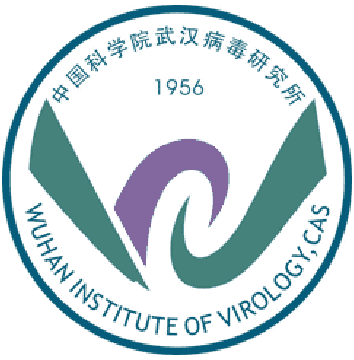
Early in November 2019, Wuhan Institute of Virology (WIV) Director Zhiming Yuan turned down a trip to Geneva for a World Health Organization (WHO) meeting, according to emails obtained by U.S. Right to Know. The question is why? Dr. Yuan’s email from November 6, 2019 came at a time when some of the first cases … Why did Wuhan lab director decline trip to Europe before Covid-19 outbreak?

In early 2020, as the world was reeling from the fast spread of the Covid-19 pandemic, a leading biosafety expert with close ties to the Wuhan Institute of Virology (WIV) encouraged scientists there to launch an “investigation” into whether the new disease could have come from the institute, including answering many of his specific questions … Biosafety expert close to Wuhan Institute of Virology urged associates there to address his tough questions about lab origin of SARS-CoV-2

By Carey Gillam Since the outbreak of COVID-19 in the Chinese city of Wuhan in December 2019, scientists have searched for clues about what led to the emergence of its causative agent, the novel coronavirus SARS-CoV-2. Uncovering the source of SARS-CoV-2 could be crucial for preventing future outbreaks. A series of four high profile studies … Validity of key studies on origin of coronavirus in doubt; science journals investigating